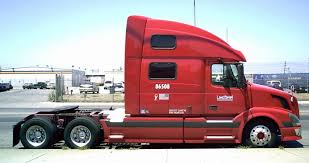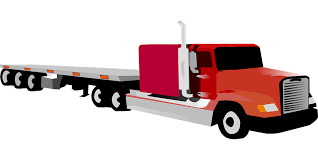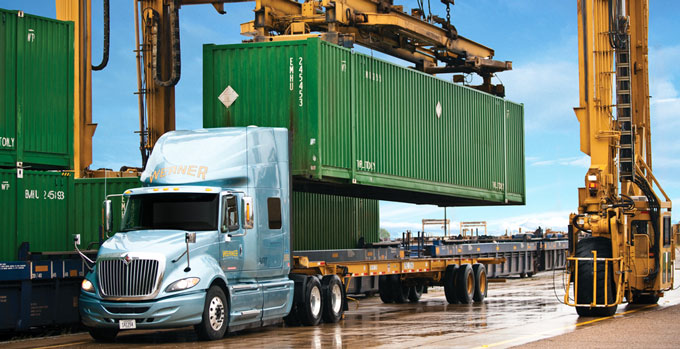As a trucker in Pooler, GA, navigating the scenic yet unpredictable terrain of the Appalachian mountains can present unique challenges, especially when you spend most of your time on the road. Ensuring you’re adequately covered with your trucking insurance is critical to protecting your livelihood while simultaneously mitigating as many risks as possible when you’re out driving or working. Trucking insurance that’s tailored to your specific needs from TruePoint Insurance can help safeguard you against unforeseen events, preventing you from losing your business or going without compensation or a vehicle after an accident or another disaster.
Trucking Insurance Coverage for Pooler, GA Truckers and Drivers
In Pooler, GA, it’s essential to obtain proper trucking insurance to mitigate risks. Liability insurance, for instance, will help cover any damage caused to other vehicles or surroundings due to using your car. General liability insurance can also protect against non-driving-related claims, such as accidents or injuries during loading or unloading. Other forms of protection you may want to consider as a trucker in Pooler, GA, include:
- Cargo Insurance: Cargo insurance protects against the potential loss of freight, which is optimal for industries operating in Pooler, GA, such as manufacturing and agriculture.
- Damage Coverage: When formulating a trucking insurance policy optimized for your needs, you can protect your truck from physical damage with collision and comprehensive policy add-ons.
- Workers’ Compensation: Workers’ compensation insurance is another critical safeguard that fleet operations should never overlook.
Anytime you’re running a business as a trucker or working as a trucker professionally, obtaining and maintaining the right insurance is key. At TruePoint Insurance, we can help you find the trucking insurance necessary to mitigate risks anytime you’re driving or working in Pooler, GA as a trucker. To learn more about your options and for your quote and consultation, contact TruePoint Insurance today.

 Contact
Contact
 Email an Agent
Email an Agent

 Click to Call
Click to Call Get Directions
Get Directions








